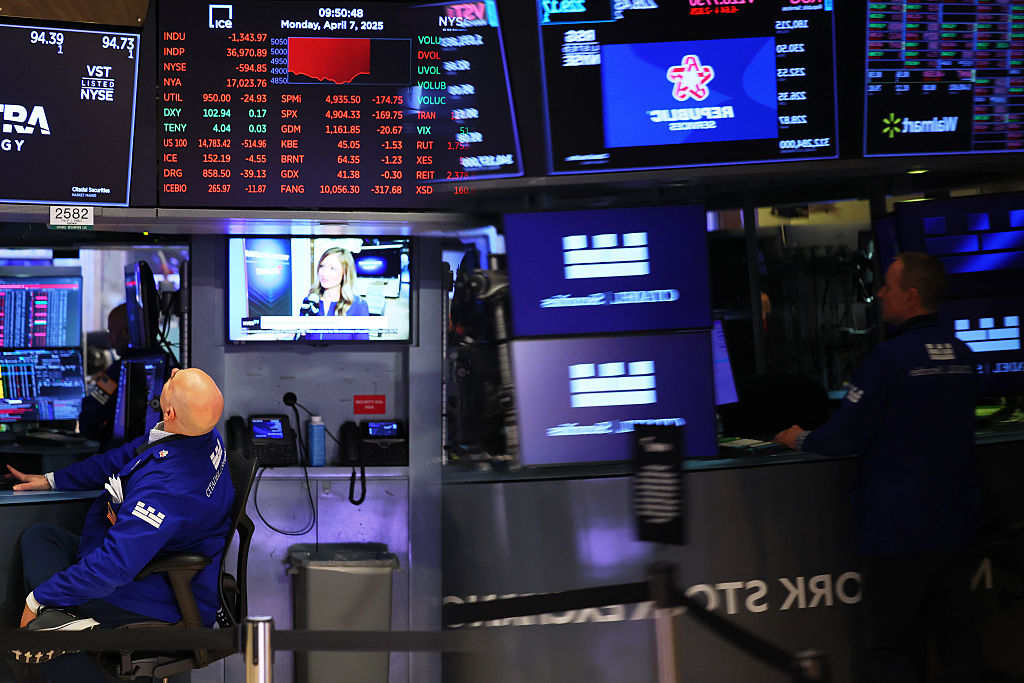Could Turkey's currency woes spread "contagion"?
Although Turkey's currency rose Tuesday, the war of words with the U.S. that helped trigger the crisis continues. Turkish President Recep Tayyip Erdogan vowed that his country would boycott U.S.-made electronic goods, including iPhones. That follows President Donald Trump's threat last week to jack up tariffs on Turkish steel and aluminum imports.
The Turkish lira has nosedived in value in the past week over concerns about Erdogan's economic policies and after the U.S. slapped sanctions on Turkey because of the continued detention of an American pastor.
Worry about the currency crash has sparked fears over the risk of economic "contagion" in Europe. Here's what Americans should know.
Why is Turkey's currency sliding?
Turkey's lira fell sharply on Friday after U.S. President Donald Trump threatened to double tariffs in retaliation for failing to release pastor Andrew Brunson. Arrested in 2016, Brunson faces terror and espionage charges.
The currency has been steadily declining for the past year. Ultra-low interest rates in the U.S. and Europe have for years encouraged companies in Turkey to borrow in foreign currencies. That helped Turkey's economy, which grew at 7 percent last year.
But now the U.S. Federal Reserve is raising rates. That draws capital away from Turkey, weakening the currency. And it makes it more expensive for Turkish companies to repay their foreign-denominated debts, raising economic concerns that can further weaken the currency.
What about the Turkish economy?
A weak lira makes life more expensive for people in Turkey by making imports more expensive. Prices are already up 16 percent since last year, according to the Associated Press.
It also creates a problem for Turkish businesses and banks that have borrowed in dollars or euros. They get revenues in lira, which are worth less and less, but must repay loans in dollars or euros. Those loans are suddenly getting more expensive to repay, raising the possibility of corporate bankruptcies or bank failures.
Does this have effects outside Turkey?
The biggest impact is on banks that have loaned money to Turkey—but the risks vary greatly by country.
"There are some risks to foreign banks but they are heavily concentrated in Europe," Capital Economics wrote in a research note Monday. "Spanish banks' exposure to Turkey is equivalent to around 6 percent of Spanish GDP, much of which is due to BBVA's stake in Turkey's second largest private bank." BBVA is the second-largest private bank in Spain. Shares in Germany's Deutsche Bank also slid on broader concerns about its exposure to Turkey's economic woes.
More broadly, the turmoil has an effect on other emerging markets. "For Bulgaria, Greece and Russia, Turkey accounts for over 5 percent of total goods exports, a significant share," Ken Wattret, chief European economist for IHS Markit, said in a statement. Other countries have much less exposure.
What does this mean for Americans?
U.S. and global markets fell on Friday and Monday, reflecting concerns that Turkey's problems could spread. But American companies' direct contact with the Turkish economy is quite limited. By size, Turkey is America's 32nd-largest trading partner, and U.S. banks have little invested in Turkey, making up less than one percent of all foreign lending.
"U.S. banks' total claims on Turkey amounted to just $38 [billion] at the end of March this year, not much more than claims on Finland," Pantheon's chief economist, Ian Shepherdson, wrote in a note. "Even if all these claims were to be written off—they won't be—the impact on the U.S. banking system would be minimal."
That doesn't mean there are no broader economic risks. Because some other emerging markets share Turkey's economic situation, some investors worry that those countries will see a similar trajectory, running into inflation and trouble paying their debt.
"Contagion seems quite possible, as we are already seeing knock-on effects in other emerging markets. Argentina and Brazil have been hit," wrote Brad McMillan, chief investment officer for Commonwealth Financial Network, on Friday.
"[W]e're probably likely to see more of these crisis in emerging economies as the US Federal Reserve raises interest rates, making life for all dollar-exposed economies much more difficult," economic writer Ed Conway said on Twitter.



